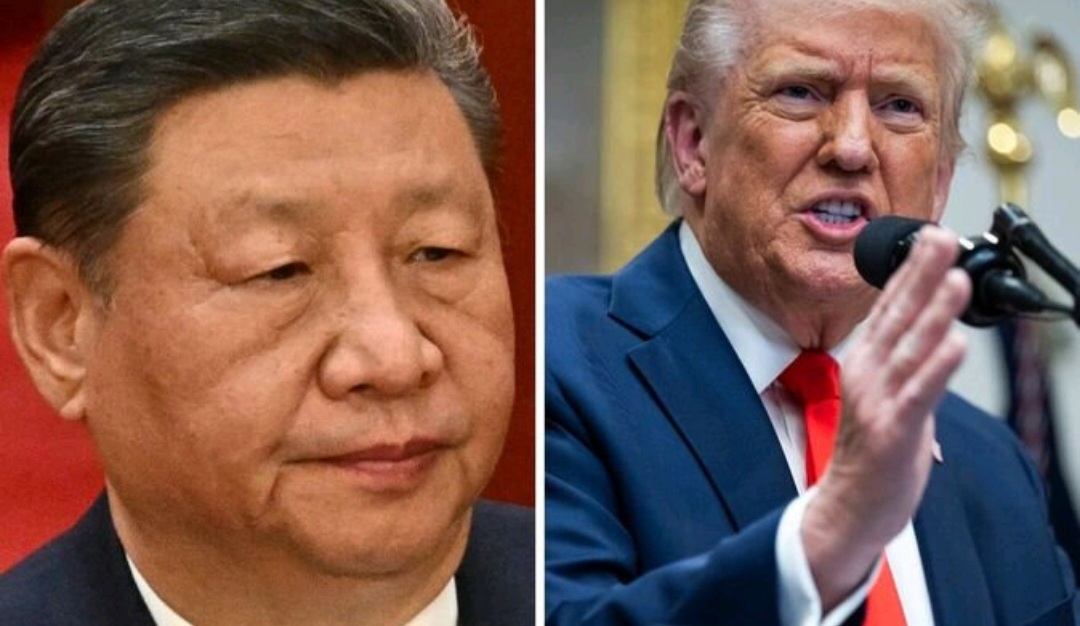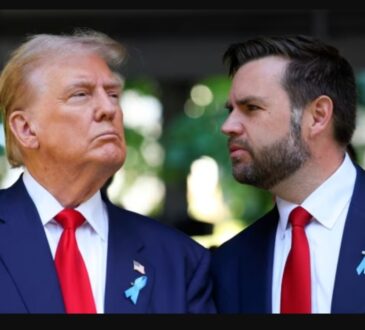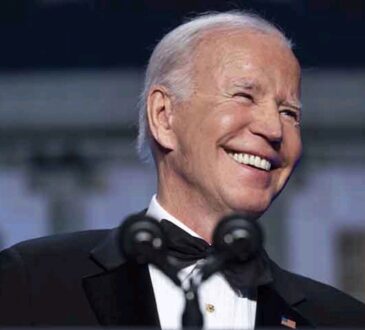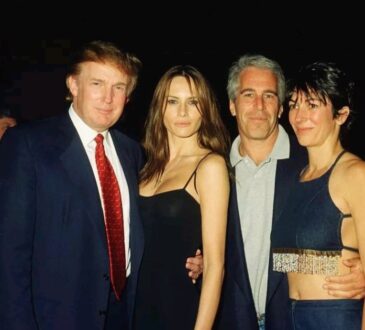
Chinese President Xi Jinping is looking to strengthen ties with the European Union as tensions grow between the US and Europe, experts say. Beijing had already been working to improve relations with Brussels before US President Donald Trump’s recent clash with Ukrainian leader Volodymyr Zelensky in Washington.
Chinese diplomats are taking advantage of concerns that the US may distance itself from European allies while seeking closer relations with Russia to quickly end the war in Ukraine. Andrew Small, a Senior Fellow at the German Marshall Fund, explained that China is currently in a “fact-finding phase” to explore its options. Speaking to Radio Free Europe, he noted that while many will be skeptical of China’s efforts, Beijing believes it could find opportunities, particularly if US tariffs on China increase.
Trump recently doubled tariffs on Chinese imports from 10% to 20%, prompting Beijing to retaliate by imposing up to 15% tariffs on US agricultural exports. China also expanded restrictions on American companies, placing additional firms under export controls.
Regarding Ukraine, China appeared to align more with Europe at the Munich Security Conference last month. Chinese Foreign Minister Wang Yi suggested that Europe and Ukraine should play a larger role in peace negotiations alongside the US and Russia.
China and Russia had already strengthened their partnership before Moscow’s full-scale invasion of Ukraine in February 2022 and have remained closely aligned since. Over the weekend, retired Chinese Colonel Zhou Bo suggested that peacekeepers from China and other countries in the Global South could be deployed to Ukraine as part of a potential peace deal.
However, EU officials told Radio Free Europe that China has yet to present concrete proposals beyond its general criticism of the US as an unreliable ally.
Meanwhile, China is preparing to reveal its new defense budget during the National People’s Congress this week. Last year, China announced a 7.2% increase in defense spending, the second-largest in the world after the US. Analysts expect Beijing to announce measures to boost domestic consumption, including increasing its deficit ratio from 3% to 4%, as part of its response to Trump’s trade policies.
Taiwan is also adjusting its military plans in response to changing global dynamics. Trump has pushed Taiwan to increase its defense spending to 10% of its GDP, a level even higher than what the US currently spends. This has raised concerns about how Trump’s approach to Ukraine might influence China’s stance on Taiwan, which Beijing considers part of its territory.




